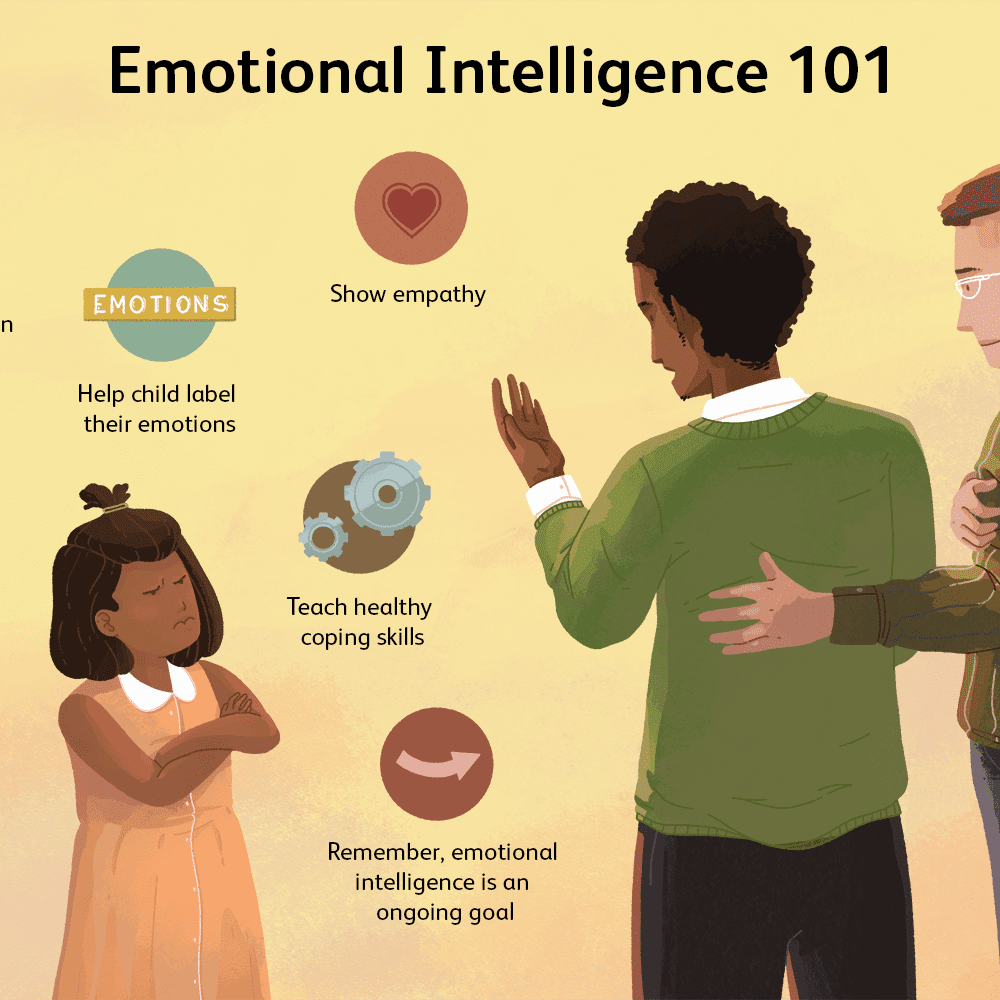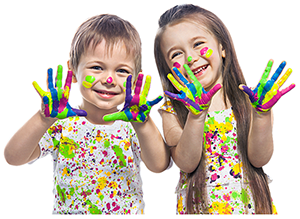
The most defining quality of a human being is the capacity to form and maintain relationships, so that we could coexist and function within a society. Emotional wellbeing can be described as the developing capacity of children to: experience, regulate, and express emotion; form close, secure, interpersonal relationships; and explore the environment and learn – all in the cultural context of family and community. Children’s emotional development is harder to visualize and to measure than are other aspects of development. However, it is no less important than other forms of development, and in many ways is key.
Here are some elements of Emotional Wellbeing:
Some ways to nurture emotional well-being:
A garden can also give an opportunity for a child to see a new world in the soil with insects and different sizes of stones, types etc. Set up a small garden along with your child with seeds from your kitchen and watch the sparkle in your child’s eyes as you point out to the miracle of life unfolding before him.And, one of the most important habits for nurturing emotional stability is enabling reflections. Whenever you notice your child doing something for eg. Either expressing a negative behaviour or a positive one, later during the day ask them about it. For eg. You notice your child helping someone on the street or hitting someone, ask them “How did that make you feel”. Remember not to make a big deal out of a negative behaviour. The intention is not to humiliate your child or make them feel bad; rather it is to teach a crucial skill of empathy and empowerment.

